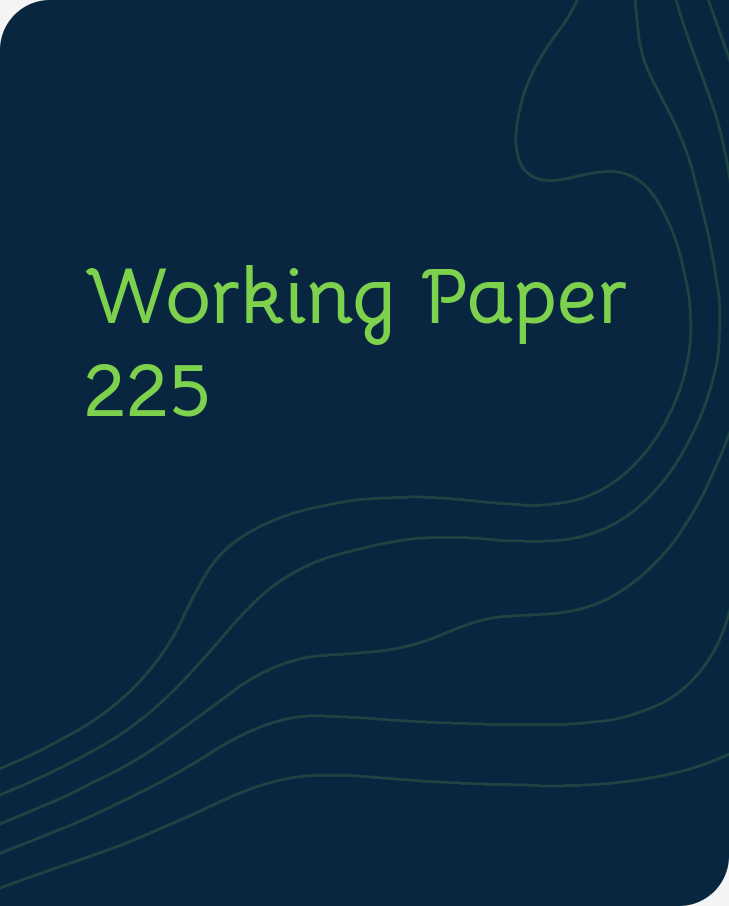Publication
Transition Report
Reform progress and transition indicators
Who we are
Overview: about the EBRDWho we are
Overview: about the EBRD
Learn about the EBRD's journey to investing more than €210 billion in over 7,400 projects.
What we do
Overview: how the EBRD operatesWhat we do
Overview: how the EBRD operates
Through projects, business services and involvement in high-level policy reform, we're doing more than ever before.
Work with us
Overview: how you can work with the EBRDWork with us
Overview: how you can work with the EBRD
We draw on three decades of regional knowledge and financial expertise to tailor our products and approaches to each client's needs.
January, 2019

By Çağatay Bircan and Orkun Saka
Do banks change their lending behaviour in the run-up to local elections? Using credit data from Turkey, we find that state-owned banks (compared with private banks) either increase or reduce corporate lending, depending on whether the incumbent mayor is aligned with the ruling party or the opposition. When corporate lending goes up, so does job creation and economic output. When it is reduced in provinces where the incumbent mayor is aligned with opposition parties, employment and firm sales drop instead. These findings support theories of tactical financial redistribution by the government to manipulate voters and give its own mayors a better chance in upcoming elections.
For media enquiries related to this working paper, please contact Ksenia Yakustidi, Media Adviser at the EBRD’s Office of the Chief Economist
YakustiK@ebrd.com
All Working Papers
The Working Paper series seeks to stimulate debate on transition in the EBRD regions.
